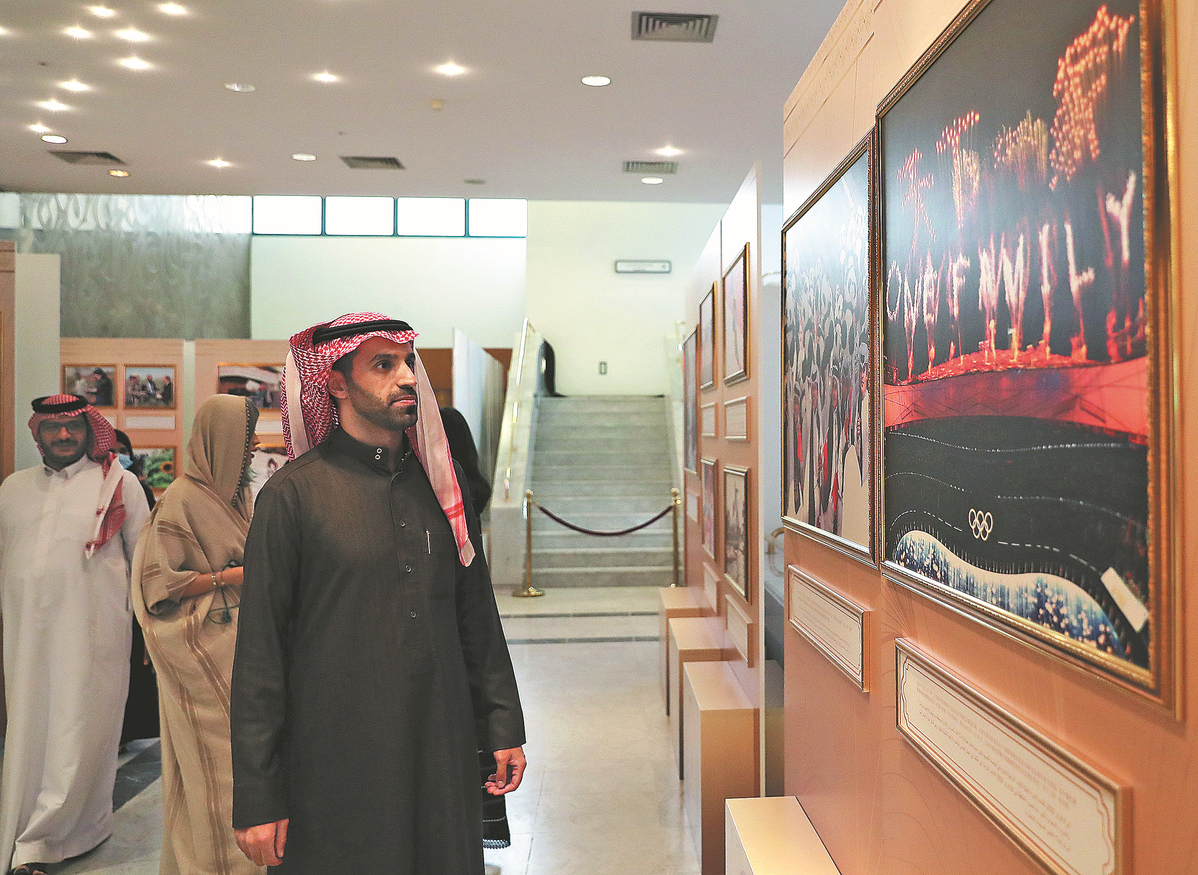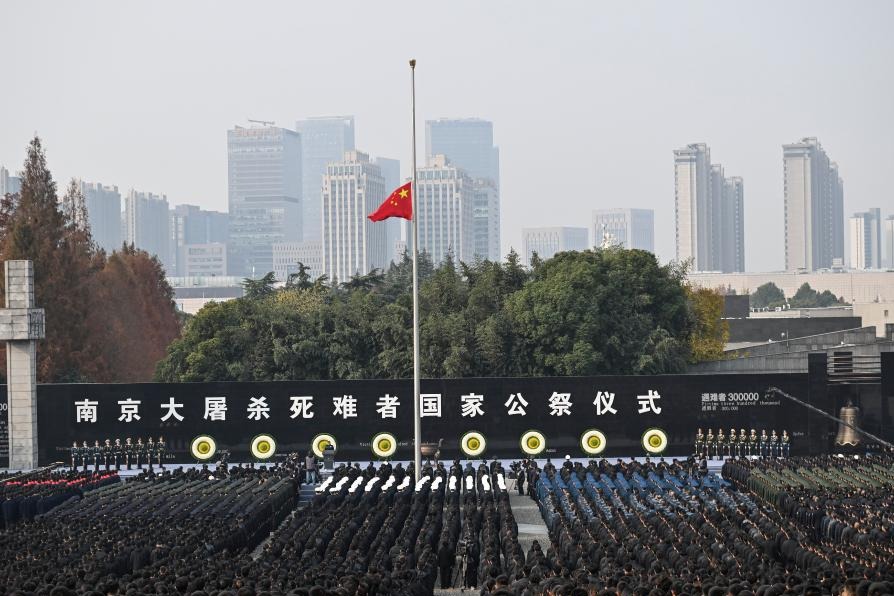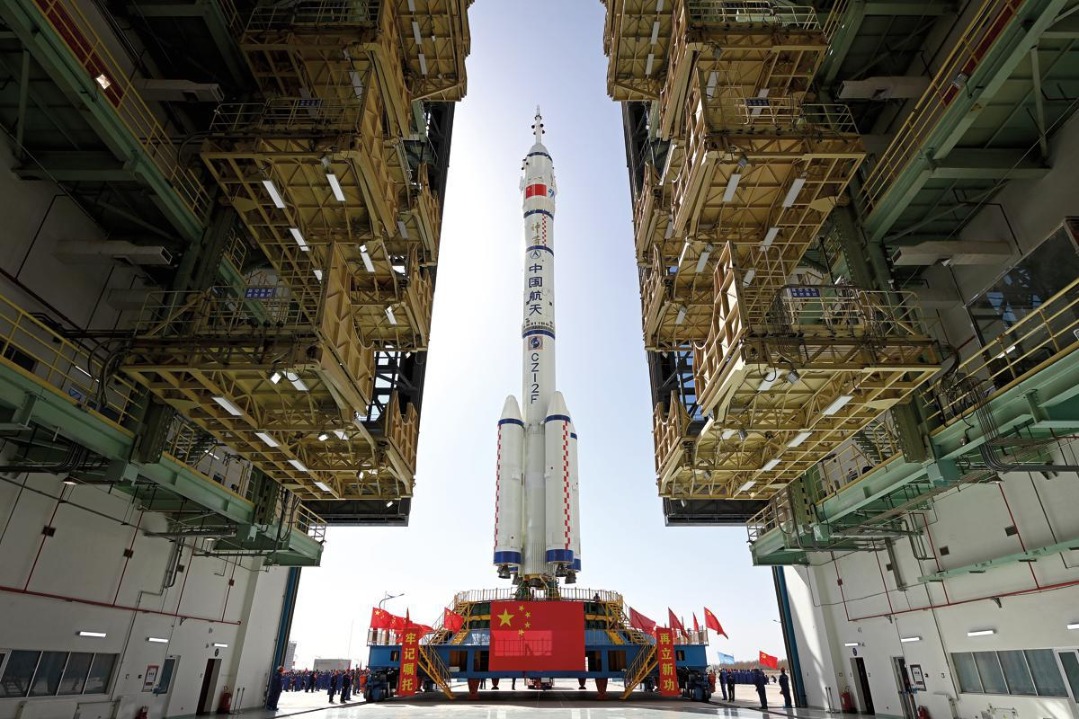Xi's trip sends positive signal to region


President Xi Jinping's visit to Saudi Arabia and his attendance at regional cooperation summits sends a positive signal to the Gulf Cooperation Council region and beyond, experts say.
"The visit by Chinese President Xi is not only important to Saudi Arabia but also to the region and the world," said Abdulaziz Ben Munif Ben Razin, consultant at the Center of Information and Arabian-Russian Studies in Riyadh.
Xi attended the first China-Arab States Summit and the China-GCC Summit on Friday.
Noting China, which plays a key role in the world, has proved it is a peaceful country through its attitude towards key international issues like the Russia-Ukraine conflict, Abdulaziz said he expects Xi's visit to contribute to the security in the GCC region and beyond.
Abdulaziz said he hopes to see more cooperation between China and regional countries in economic development, military and counter-terrorism.
"Today, we are happy because we are hosting the president of China," said Nasser Al Jaryad, chairman of Saudi National Committee of Workers' Committees.
Nasser said the summits will support regional development, especially given the fact that China's economy has developed rapidly.
"Arab countries, especially the petroleum-producing countries, have invested in technology and the new economy and the future of work. That will help us to start our cooperation with China and how we can deal with the new future of our region and China," said Nasser.
"The relationship between China and GCC countries is going very well, growing since 20 years ago," said Amur Mohamed Alhajry, director general of the Council of Ministers of Labour and Council of Ministers of Social Affairs in GCC States Executive Bureau.
With China being a major trade partner for GCC countries, Amur Mohamed said he expects to see closer trade exchanges between the two sides.
In 2004, China and the GCC launched negotiations on a free trade agreement and Amur Mohamed said he hopes leaders at the upcoming summits will further discuss the FTA. "We are looking forward to free trade and ... decreased taxes from the goods," he said.
Anis Khayati, assistant professor of economics and finance of the University of Bahrain, said Arab countries need to benefit from Chinese technology and its investment in infrastructure to get rid of United States dominance while China also needs a strategic partnership with the Arab world to further grow its economy.
Khayati said the Chinese-Arab interests are intertwined to the extent of integration in many fields, especially in economy.
"In fact, trade exchange between the two parties increased from $36.7 billion in 2004 at the launch of the China-Arab Cooperation Forum to $330 billion in 2021," said Khayati, citing data from the Arab Organization for Education, Culture and Science.
Redha Juma Al Saleh, former chairman of the Oman Chamber of Commerce and Industry, said the summits will be essential for the Arab countries and Xi's visit to Saudi Arabia will be a good step to enhancing the bilateral relationship between China and Saudi Arabia.
Redha Juma said he believes there is a lot of potential for China-Arab cooperation in various areas, such as agriculture, food security, logistics and tourism.
Contact the writers at [email protected]
JAN YUMUL in Singapore
- China holds memorial for Nanjing Massacre victims
- Ningxia wine leaders advocate international collaboration in France
- HKSAR holds commemoration for Nanjing Massacre victims
- SumUp China presents its weekly news roundup
- Ningxia's Sand Lake displays unique beauty in early winter
- Former national sports exec jailed





































